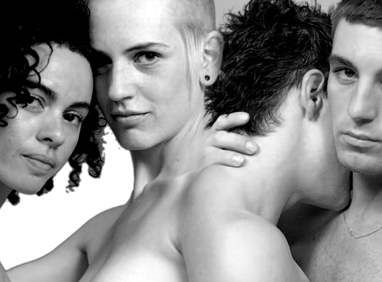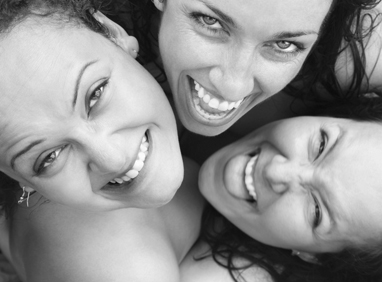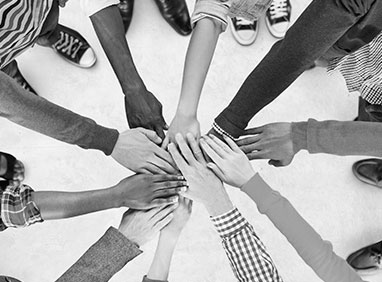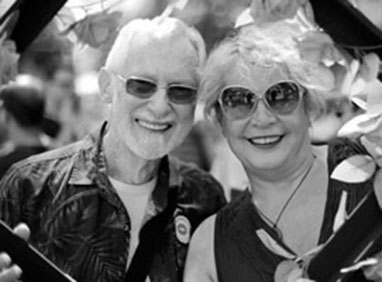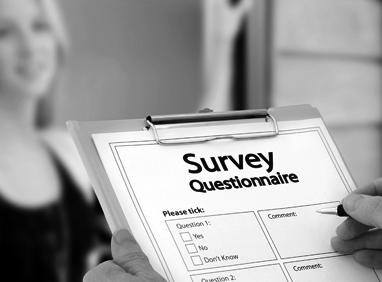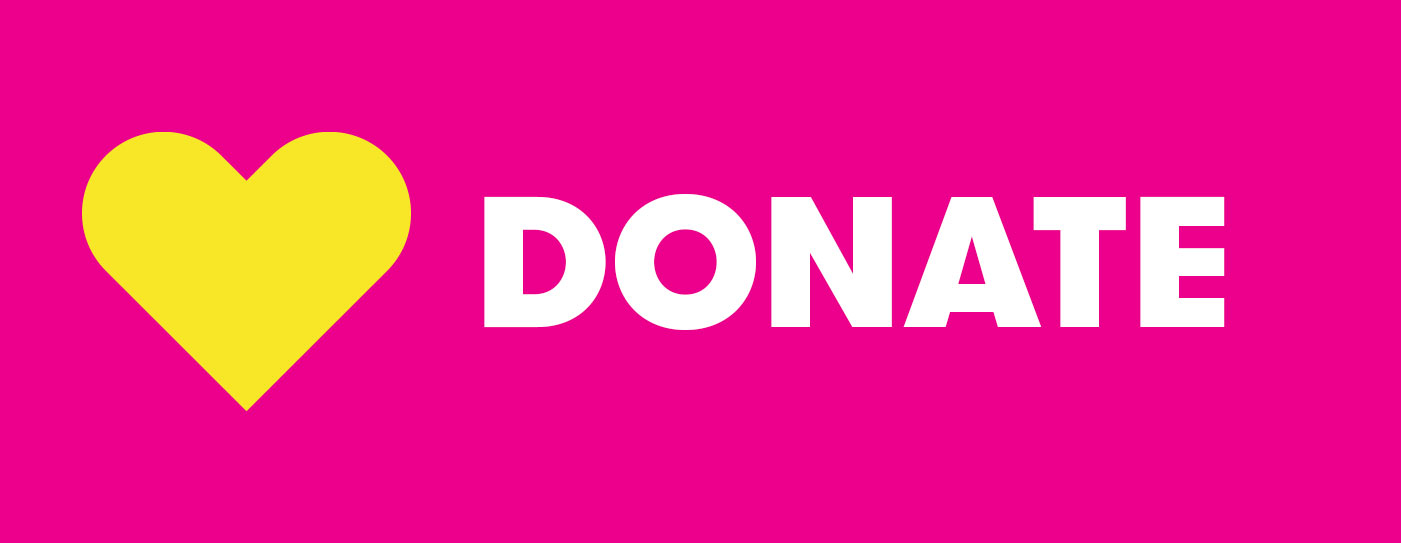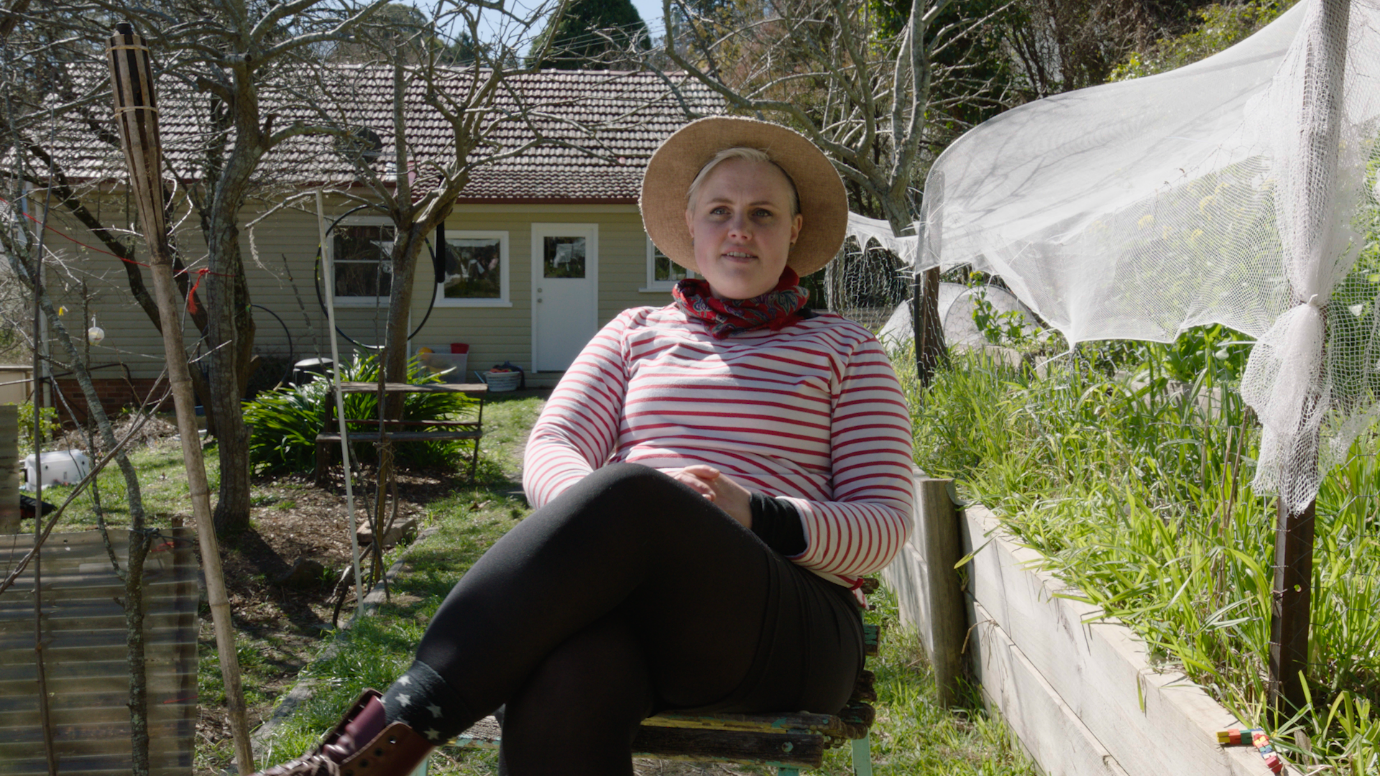
“We need to get as okay as we can be with the complexity of interacting with the system. It is very deficit based, it is going to tell you that you are sick, you are vulnerable, you are broken. But you’re actually amazing. It’s the system.” – Sarah (she/her), lives with ADHD, Dyspraxia and CPTSD and a child with ADHD and Dyspraxia.
Anxiety about contacting the NDIS
- It is normal to be fearful, worried or anxious about contacting organisations like the NDIS.
- You may have had bad experiences with health or disability service providers before.
- You may be worried about being asked intimate questions and having to supply very personal information.
- You might be worried about being judged for your disability, sexuality or gender identity.
There are several things you can do to manage your anxiety when calling or meeting with the NDIS:
- You can ask a friend or family member to be with you when you call.
- You can promise yourself that you will do something you enjoy when you have finished the call, like watch a favourite TV show, speak to a friend, or relax in the sunshine.
- You can ask a friend or family member to speak on your behalf. You will need to speak to the NDIS directly to give permission for this. Make sure this is someone you trust, as they will have permission to make decisions for you.
Other things to keep in mind when dealing with the NDIS:
Remember that you are not asking for a favour; you have rights as a consumer, including the right to be treated with respect, the right to information about you, and the right to appeal decisions made about you.
Keep things in perspective. Remember the NDIS is funding to help you to live your best life, but it’s not your whole life. You’re a whole, complex, fabulous person – with or without the NDIS.
Look for support from peers who have been through the process before, ask what they did and get helpful tips.
Managing emotions
“I love having a cry. I sleep a lot, I talk to friends a lot, I meditate, I journal – I have a word vomit onto the page, then I put it away so I don’t have to think about it. I’ve found my own spiritual practice in the last few years which has really helped me” – Anthony, he/him, lives with Tourette’s.
- It is normal to get anxious or frustrated with the NDIS application process or long wait times to hear back about your application. The NDIS is a relatively new and very large organisation, and the time you have to wait to get an answer on your application may be weeks or even several months.
- It is normal to feel upset, frustrated or angry if your application is rejected. Remember you have a right to reapply and a right to appeal if your application is rejected.
- When applying for the NDIS, you may have to answer questions that seem intrusive and supply deeply personal information. Many people find this experience distressing or traumatic.
- This may trigger memories of experiences of past trauma where you felt judged or disrespected.
- This trauma is especially prevalent in the LGBTQ+ community, where people have been judged for their sexuality and/or gender identity as well.
If you’re feeling distressed, you can:
- Speak to a friend or someone you trust.
- Have a think about the people in your life and who might be able to be a support person for you in dealing with the NDIS.
- Speak to a disability advocate at PWDA.
- Contact a service such as ACON’s counselling team or Q Life.
- You can also contact informal and online disability support groups such as SQuAD.
Download the “Dealing with Stress and Anxiety When Applying for the NDIS” here.
Design to come
“It’s really profound to think about disability as something powerful and political, and as a struggle that’s a political struggle not a personal struggle. Also remember you don’t have to give them your whole life. You’re allowed to keep some parts of your life to yourself and it’s your call when to bring people in. It’s important to keep in mind that for a lot of us disability is not about loss, it’s enabled us to find a lot of things as well. I’ve found this strong and beautiful and vibrant community that cares so much about each other, so loving and radical and willing to change the world” – Robin (they/them), is a multiply disabled wheelchair user.



